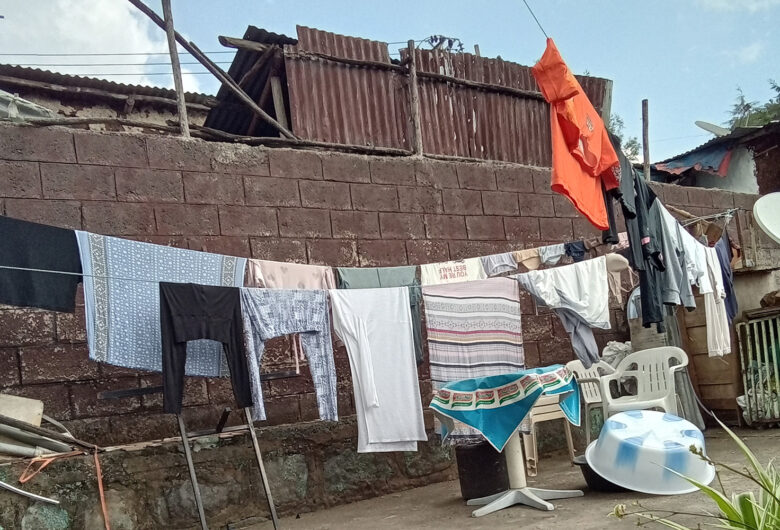In the 21st century, multinational companies have proven to be extraordinarily powerful in shaping societies and the environment, either positively or negatively. International governance needs now to channel this power of action to the service of the collective interest. Multinational businesses cannot be viewed anymore simply as private actors who legitimately pursue their own interests. In particular, the growing discrepancy between the legal structure used by multinationals and their actual power structure should be addressed.
Unlike states which are bound by law to respect human rights within their borders, multinationals grow without such constraints. Some are even deriving short-term profits from social and environmental dumping and may hide behind legal concepts, such as the corporate veil, to not be held accountable for the harm caused. The impunity multinationals enjoy in both national and international law regarding human rights can leave many victims without access to remedy.
Although this situation seems to be widely acknowledged, there has been a continuing trend to prevent meaningful change. While companies are keen to sign up to commitments based on soft law instruments, such as codes of practice, they tend to lobby against the transformation of these instruments into “hard” law because it could engage their liability. Their strategy usually focuses on preserving their interests and avoiding financial and reputational risks rather than actually addressing human rights concerns. Hence the importance of the newly introduced French law on the Duty of Vigilance, which goes beyond the classic opposition between soft and hard law to demonstrate that prevention of human rights abuses can be legally mandated into business activities.
Adopted by the National Assembly in February 2017, the law introduces into the French Commercial Code a duty of vigilance directed towards large companies employing at least 5,000 people in France or 10,000 worldwide. It consists of establishing, publishing and effectively implementing a vigilance plan. The plan must include adequate measures to identify risks and prevent serious harms to human rights, human health and safety, and to the environment. It should be developed in association with the stakeholders of the company and must cover the supply chain: subsidiaries, subcontractors and suppliers with whom an established business relationship exists.
The law also provides for two judicial enforcement mechanisms. The first one is preventive; it allows anyone with locus standi to ask a judge to order a company to comply with the law. If the vigilance plan is flawed or incomplete, the judge can request companies to complete and reinforce it. The order can also be subject to a periodic penalty payment. The second remedy provides reparation for victims if a company does not establish, publish or effectively implement a vigilance plan and as a result, causes harm. The new law is subject to the conditions for establishing civil liability, therefore plaintiffs will have to prove a lack of vigilance, damage and a causal relationship between the two in order for them to be compensated.
Thanks to this innovative law, failure to perform the prevention measures usually provided by soft law can now engage the liability of the company through reliance on legal concepts of civil liability. It also constitutes an exceptional instrument for enhancing access to justice compared to previous corporate responsibility laws, which at best required companies to report on their actions, but never required actual prevention of harms nor opened the Courts’ doors to French and foreign victims alike.
This law is the result of five years of advocacy work from a coalition of NGOs, within which Sherpa played a leading role, building the legal capacity of the network. Indeed, since its creation Sherpa has acted as a litigator, advocate and legal think-tank and sought ways to strengthen the judicial framework on multinationals. In 2010, we published a handbook presenting 46 proposals to regulate transnational companies. A general duty of vigilance for parent companies appeared among those proposals. Sherpa’s expertise on this topic has therefore proven to be very valuable during the legislative saga that preceded the adoption of the law.
Now more than ever, Sherpa is a key player and a legal reference on these issues, paving the way forward towards the implementation of the law. Foreseeable future actions include drafting a vigilance plan reference guide, training judges and NGOs to use the law, and bringing litigation cases before the French courts. Building on this momentum, Sherpa, within its European network, is currently considering various options for taking this action to the European level. At the international level, a United Nations’ working group led by Ecuador and South Africa is currently working on a legally binding instrument on business and human rights, taking the French law as a model for the potential treaty. Sherpa is at the forefront of the legal debates and collaborates actively with the civil society organisations supporting this initiative.
Sandra Cossart is executive director of Sherpa, a Paris-based association dedicated to protecting and defending victims of economic crimes.



